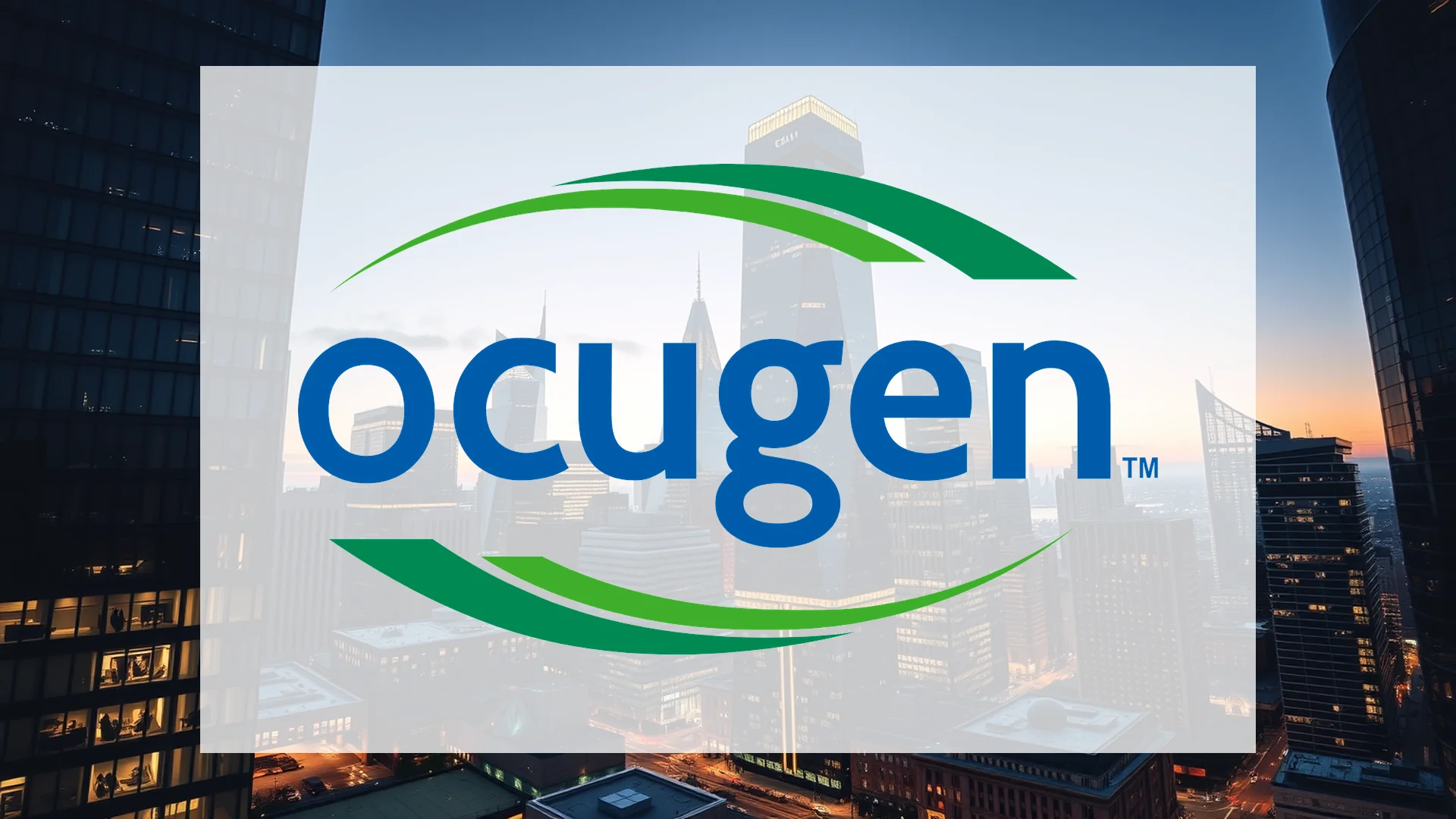A prolonged regulatory standoff with U.S. health authorities has concluded favorably for Ocugen. The biopharmaceutical company announced that the Food and Drug Administration has removed the clinical hold on its innovative ophthalmology treatment, OCU200. This decision enables the initiation of a Phase 1 clinical trial for the therapy, which targets diabetic macular edema.
The October 9, 2024 announcement represents a critical achievement for Ocugen’s development program. The FDA’s removal of the regulatory restriction now permits human testing of OCU200 to proceed through a multicenter dose-finding study.
Addressing Unmet Needs in a Substantial Market
OCU200 addresses a significant therapeutic gap affecting approximately 746,000 Americans living with diabetic macular edema, a vision-threatening condition that can progress to blindness. Current anti-VEGF treatments fail to produce adequate responses in 30-40% of patients, creating a substantial population with limited therapeutic options.
The candidate utilizes a distinctive dual-protein approach, combining tumstatin as the therapeutic component with transferrin for targeted ocular tissue delivery. Unlike existing medications that block VEGF signaling pathways, OCU200 operates through the integrin pathway—representing a fundamentally different mechanism of action.
Should investors sell immediately? Or is it worth buying Ocugen?
“By targeting underlying disease mechanisms through the integrin signaling pathway, OCU200 possesses potential utility for all DME patients, including those who don’t respond adequately to currently approved therapies,” stated Dr. Arun Upadhyay, Ocugen’s Head of Research and Development.
Comprehensive Clinical Strategy and Future Applications
The Phase 1 trial design incorporates multiple evaluation approaches. Researchers will assess three distinct dosage levels (0.025 mg, 0.05 mg, and 0.1 mg), with all participants receiving two injections spaced six weeks apart. Notably, a fourth patient cohort will receive OCU200 in combination with anti-VEGF medications—a strategy that could potentially transform treatment paradigms.
Successful development in diabetic macular edema could lead to program expansion into related ophthalmic indications. Ocugen has identified diabetic retinopathy and wet age-related macular degeneration as potential future targets, conditions that collectively affect nearly nine million people across the United States.
Development Timeline and Regulatory Progress
With regulatory authorization secured, Ocugen has commenced patient enrollment activities. Initial safety and efficacy readouts from the Phase 1 study are anticipated during 2025, with trial completion projected for the latter half of the same year. The program has already achieved a significant milestone, receiving clearance from the Data and Safety Monitoring Board in March 2025 to proceed with the second dosing cohort—an indication that preliminary safety data appears promising.
Ad
Ocugen Stock: Buy or Sell?! New Ocugen Analysis from February 7 delivers the answer:
The latest Ocugen figures speak for themselves: Urgent action needed for Ocugen investors. Is it worth buying or should you sell? Find out what to do now in the current free analysis from February 7.
Ocugen: Buy or sell? Read more here...










